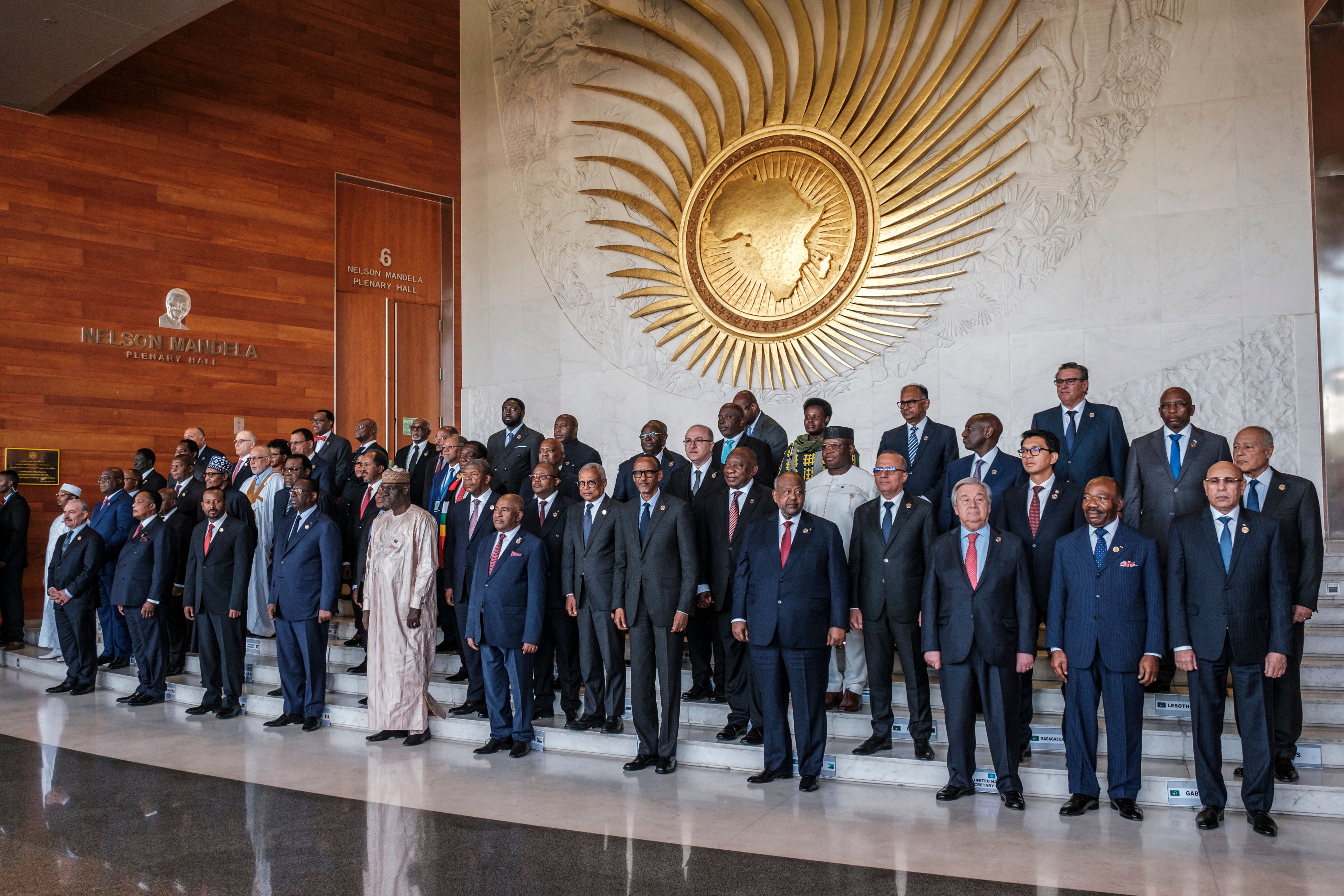In the opening months of 2023, the political situation in Libya seems to be undergoing significant changes. To break out of the current impasse, Libyan actors and the international community are engaging in various initiatives to revive political processes once again, even as substantial challenges persist. The newly appointed Head of the United Nations Support Mission in Libya (UNSMIL), Abdoulaye Bathily, has overseen the recent negotiations of the Libyan Joint Military Council for the withdrawal of foreign troops. Moreover, the African Union has announced plans to host a reconciliation conference. But while Libya clearly remains a focus of intense international attention, questions remain about how successful these endeavors will prove.
To discuss the latest developments in Libya’s trajectory, MEI is pleased to host a virtual panel discussion. Please join our experts, with years of experience in Libyan affairs, policy, and diplomacy, for what promises to be a fascinating event.
Speakers
Mary Fitzgerald
Non-Resident Scholar, Middle East Institute
Taher el-Sonni
Libyan Ambassador to the United Nations
Stephanie T. Williams
Non-Resident Senior Fellow, Brookings Institute
Jonathan M. Winer, moderator
Non-Resident Scholar, Middle East Institute
Detailed Speaker Biographies
Mary Fitzgerald
Mary Fitzgerald is a non-resident scholar at the Middle East Institute. She is a researcher and consultant specialising in the Euro-Mediterranean region with a particular focus on Libya. She has worked on Libya for more than a decade and has conducted research on Libya for the International Crisis Group, the United States Institute of Peace, the European Council on Foreign Relations, and the European Institute of the Mediterranean, among others. Her areas of focus include Libya’s political transition and its energy sector. She has also consulted for a number of international organizations working in Libya, including in the areas of peace building and civil society.
Taher el-Sonni
Taher el-Sonni has been Libya’s Ambassador to the U.N. since January 2020. Prior to that, he spent four years as a senior political advisor to the Libyan Government of National Accord and Chief of Staff to the President. He has also worked for the United Nations Development Programme and is the proud founder of Libya’s National Youth Movement.
Stephanie T. Williams
Stephanie Turco Williams is a non-resident senior fellow at the Brookings Center for Middle Eastern Policy. She was a special advisor on Libya to the United Nations Secretary-General from 2021 to 2022. Prior to that, Stephanie was both Acting Special Representative of the Secretary-General for Libya and Head of the U.N. Support Mission in Libya (UNSMIL). During her tenure as the ASRSG, Stephanie led the U.N. mediation that resulted in a nation-wide Libyan ceasefire agreement in 2020 and a political agreement reached in 2021 that produced Libya’s first unity government in seven years. As well as working with the UN, Stephanie has also worked in the U.S. Embassy in Libya. Her current research includes examining international mediation efforts in an era of global disorder and conflict resolution in failed states.
Jonathan M. Winer, moderator
Jonathan M. Winer has been the United States Special Envoy for Libya, the deputy assistant secretary of state for international law enforcement, and counsel to United States Senator John Kerry. He has written and lectured widely on U.S. Middle East policy, counter-terrorism, international money laundering, illicit networks, corruption, and U.S.-Russia issues. In 2016, Winer received the highest award granted by the Secretary of State, for “extraordinary service to the U.S. government” in avoiding the massacre of over 3,000 members of an Iranian dissident group in Iraq, and for leading U.S. policy in Libya “from a major foreign policy embarrassment to a fragile but democratic, internationally recognized government.” In 1999, he received the Department’s second highest award, for having “created the capacity of the Department and the U.S. government to deal with international crime and criminal justice as important foreign policy functions." The award stated that "the scope and significance of his achievements are virtually unprecedented for any single official."
Photo by EDUARDO SOTERAS/AFP via Getty Images












